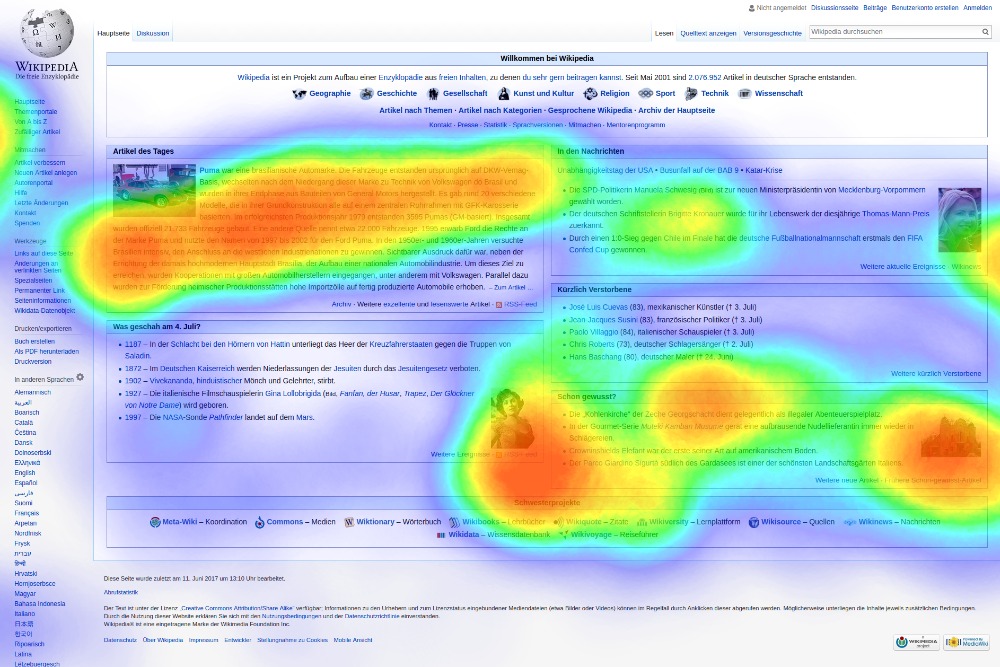In the last weeks, I tried to give you some insides in how the digital applies to linguistics in daily life and how all of us are involved with it. I already gave you some hints about its role in academic context and I thought it would be worth to have a closer look on how it changed research and academic work in general. So, let’s first have a look on how it all started. Not even 100 years ago, researchers had to make use of analogue techniques to gather and process information and data on speech behavior, communication, language production or language comprehension. Analogue techniques hereby consumed an incredible amount of time. It took researchers years and years to conduct and analyze just one single study. Therefore, innovation and new scientific findings were released rather slowly.
The Accelerator

With the beginning of the digital age and all the digital devices coming with it, parts of research have been accelerated. Furthermore, digital systems give us the opportunity to discover and investigate parts of human communication that haven’t been accessible beforehand. Online processing measures appeared which can measure unconscious processes during reading or listening. Online does hereby not refer to being online but to the fact that the data is drawn DURING the actual act of reading or listening. Take for example the technique of eye tracking. It is used to capture brain behavior and subtle, unconscious processes in our brains. Measuring the movement of our pupils gives insight about our language processing, measuring pupil dilation can even give us hints about emotional intensity felt in a very moment (check out Oliva & Anikin (2018) for an example). Another digital tool used in linguistic research is fMRI (functional Magnetic Resonance Imaging). It can capture brain activity during language production and processing. These brain activities could not be investigated in detail beforehand, simply because there was no opportunity to have a look inside someone’s brain without physical intervention. Besides these techniques that can be used on participants, the digital also allowed for the creation of data bases online. These data bases provide language corpora online which help to parse for certain language phenomena without having to physically visit the region or country that you would like to investigate. As addressed in my blog post last week, it also enables us to work with unfamiliar languages as translation devices created by computational linguists help in understanding the data.
New Spheres
Besides accelerating research in existing fields. The digital also created new areas with the need for exploration. The digital age brought up new speech groups and online languages which have to be analyzed in detail. Nowadays, there are specialized researchers that are concerned with digital languages only. They explore how these languages shape and influence our real life and communication behavior. Social media platforms or chatrooms and forums contain a lot of adapted language or even new terms that haven’t been used before the existence of computers. In the first week of my language blog, I talked about how I noticed that my grandparents sometimes do not understand what I am talking about because they simply do not know some terms I am using. This is partly due to the fact that we had to create new terms for technology or we are using new expressions to communicate with our friends online and these terms sometimes slip over into our daily language.
The digital brought us miles and miles forward in the research process and I cannot even think about doing research in an analogue way anymore. In my opinion, the digital has a tremendously positive influence on the developments in academic research on languages and communication behavior. It is a strong supporter for investigating subtle processes and accelerating data gathering. Psycholinguists, which are mostly concerned with unconscious processes in the brain, couldn’t even work without digital devices like fMRI or eye tracking that I mentioned earlier. Additionally, it extended the field of linguistics to digital communities and brought up the necessity for experts in digital language. I am a fan of using digital devices and tool in research and I am looking forward to new developments on that field.


Recent Comments